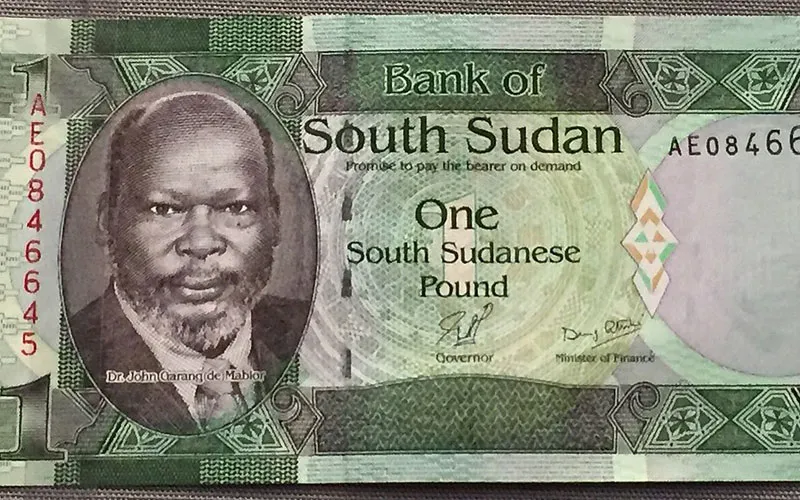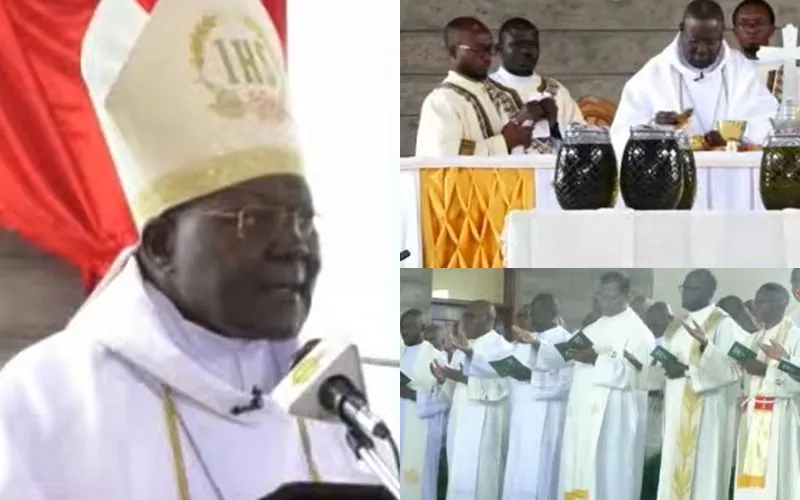Yei, 18 February, 2021 / 1:34 pm (ACI Africa).
A Catholic Bishop has criticized the South Sudanese government for introducing into circulation a one-thousand-pound banknote intended to clear away large amounts of smaller notes for transaction and to facilitate easier cash use in a soaring inflation.
In his message for Lent on Ash Wednesday, Bishop Erkolano Lodu Tombe of South Sudan’s Yei Diocese said that the move by the government was not the remedy for the country’s failing economy and rampant corruption.
“What is the need of having one thousand South Sudanese pound notes in this economy? Is the big note of 1,000 (US$ 5.67) going to be the remedy for resolving the economic crisis?” Bishop Tombe posed in his message at Christ the King Cathedral on Ash Wednesday.
He added, “Having 1,000-note of South Sudanese pounds is not helpful; it is just one of the incidents that show that the economic situation in this country is worsening daily.”
South Sudan’s Governor of Central Bank, Dier Tong Ngor, introduced the new banknotes during a press conference in the country’s capital Juba on February 4.








